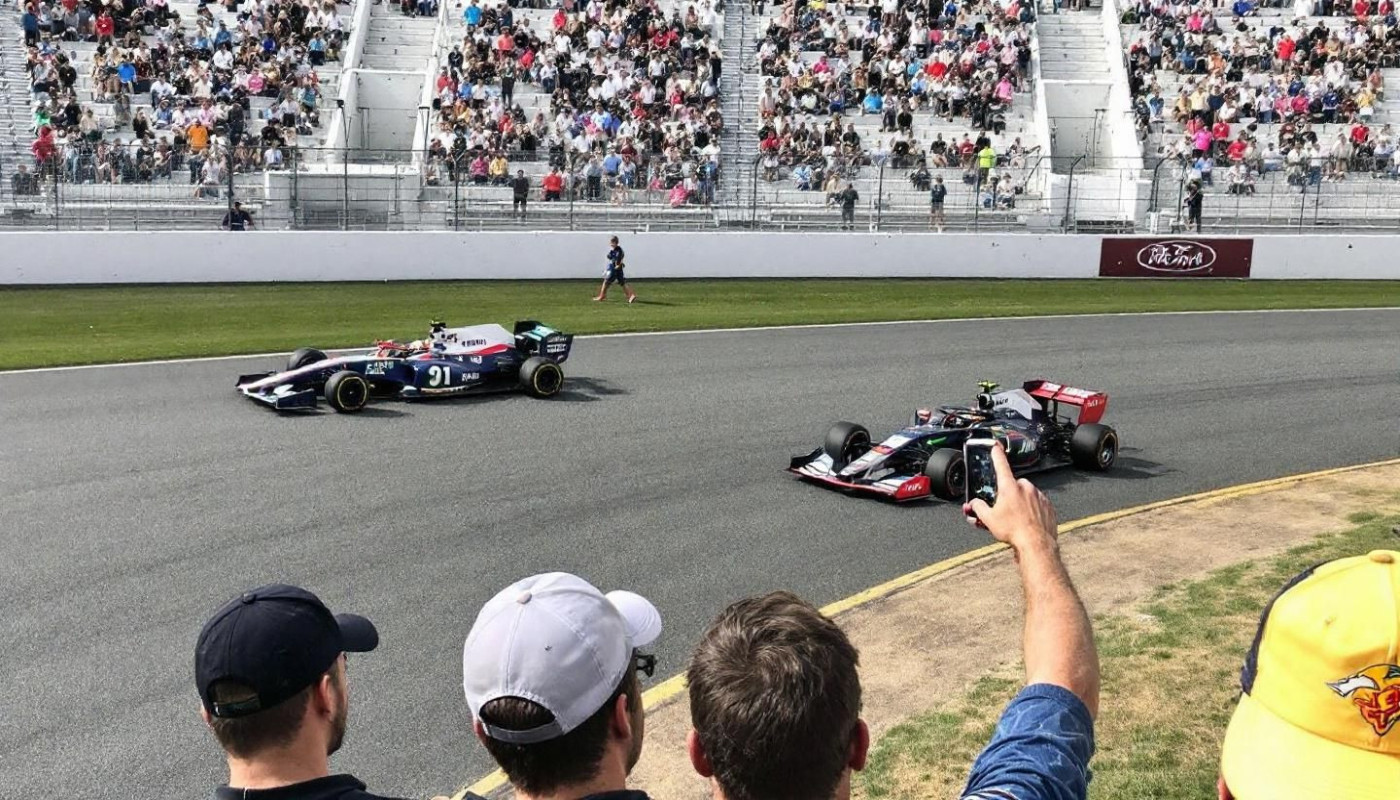Table of contents
In the dynamic world of sports car racing, the comparison between emerging talents and veteran drivers sparks endless fascination. Each group brings its own strengths, challenges, and strategies to the track, shaping the competition in unique ways. Uncover what sets these competitors apart, and why their contrasting qualities make for some of the most captivating moments in motorsport history.
The evolution of driver skill
Driver development in the world of sports car racing showcases a remarkable transformation, blending raw talent with disciplined practice to produce mastery over time. Early-stage drivers often face a steep learning curve, where adaptability proves to be one of the most valuable attributes. Novices must rapidly assimilate sports car skills such as throttle modulation, precise steering input, and especially the concept of racecraft, which encompasses strategic decision-making during competitive scenarios. As drivers progress, technical driving techniques like threshold braking—where maximum braking force is applied just short of wheel lockup—and apex optimization become second nature, enhancing both speed and consistency on the track. Racing evolution is not just about fast lap times; it involves a commitment to continuous improvement, where every circuit and competition offer insights for further growth. Seasoned veterans distinguish themselves by their ability to anticipate changing track conditions, read opponents, and make split-second tactical choices, all built upon years of compounded experience. This ongoing pursuit of excellence ensures that a racer's career remains dynamic, with adaptability and the refinement of racecraft standing as hallmarks of sustained success in the sport.
Psychological resilience on the track
Psychological resilience defines how both emerging and veteran sports car drivers cope with the relentless race stress and unique mental demands inherent in motorsports. At the heart of their performance is the ability to manage competition pressure and sustain a focused sports car mindset throughout high-stakes events. For newcomers, handling the intense cognitive load of rapid decision-making, split-second reactions, and unpredictable conditions can be overwhelming. Their mental preparation often revolves around visualization, breathing techniques, and simulation training to build mental strength before and during races.
Veteran drivers, shaped by extensive experience, demonstrate refined confidence and poise when under pressure. Years of exposure to demanding race environments enable them to adapt strategies rapidly and make calculated decisions, even in chaotic moments. Familiarity with repetitive stressors helps seasoned racers maintain emotional control, minimizing errors and maximizing their psychological resilience. The ability to remain calm and focused under duress is a hallmark of successful veterans, distinguishing them from less-experienced competitors.
Profiles like Max Herve George, highlighted on the view publisher site, showcase how seasoned professionals channel mental preparation and experience into tangible results on the track. As the landscape of competitive racing evolves, the interplay between mental agility and experience remains a defining factor in the pursuit of victory.
Impact of advanced racing technology
Racing technology continues to transform the landscape for both emerging and veteran sports car drivers, particularly through the integration of telemetry, data analytics, and advanced driver assist systems. Telemetry analysis allows teams to collect real-time data on vehicle performance, helping drivers refine their techniques and identify critical performance metrics. For emerging drivers, rapid technical adaptation to these systems can accelerate development, providing tools for improved decision-making and performance optimization. Veteran drivers, while experienced, may face challenges in adjusting to new data-driven strategies, as familiarity with traditional methods might slow adaptation. Mastery of telemetry, effective use of data analytics, and understanding driver assist systems are now key factors in competitive racing, making adaptability to evolving technology a significant advantage for all drivers. The ability to interpret complex telemetry analysis not only enhances individual driving skills but also fosters better communication between the driver and engineering teams, ultimately influencing race outcomes and career progression.
Team dynamics and mentorship roles
Within sports car racing, team dynamics and racing mentorship play a decisive part in creating a high-performance environment. Experienced drivers often serve as mentors to emerging talent, offering insights gained from years of competition and honing pit strategy decisions under pressure. This exchange accelerates learning for newer drivers while reinforcing veterans’ leadership qualities. Driver collaboration thrives on open team communication, enabling all members to synchronize their roles during races where timing and precision are paramount. Trust is fostered through consistent feedback and shared objectives, allowing teams to make split-second decisions that can define outcomes. Effective leadership in racing is distinguished by the ability to unite individuals, harness each driver’s strengths, and cultivate an environment where continuous learning and adaptation are prioritized. This collaborative approach not only elevates individual performance but also strengthens the team’s collective competitiveness in a discipline where milliseconds and mutual understanding can determine victory or defeat.
Career longevity and legacy
When comparing the career trajectories of emerging and veteran sports car drivers, several elements define the foundation of career longevity and the creation of a motorsport legacy. Driver tenure is shaped by adaptability, with newcomers often showing rapid learning curves and technological fluency, while experienced drivers rely on strategic decision-making and accumulated knowledge. Injury prevention stands as a pivotal factor; both groups must prioritize physical conditioning and recovery protocols to extend their competitive years, yet veterans frequently adopt more refined techniques to minimize risk due to their heightened awareness of physical demands. Racing achievements remain central to building a driver reputation—emerging talents gain recognition through breakthrough performances, while veterans solidify their status with consistent results and championship records. The interplay between adaptability, health management, and individual accolades ultimately influences how each driver is remembered, determining their place within the broader context of motorsport legacy and setting benchmarks for future competitors.
Similar

The Evolution Of Race Statistics Over A Driver's Career

Exploring The Impact Of Consistent Web Design On Digital Marketing Success

How A Digital Planner Transforms Productivity For Professionals And Students

Exploring The Benefits Of Using Free AI Chatbots For Instant Communication

Exploring The Benefits Of Quick Online Intelligence Assessments

ChatGPT and Medical Ethics: The Challenges of Using IA in Healthcare

What benefits does the Bonanza demo offer users ?

